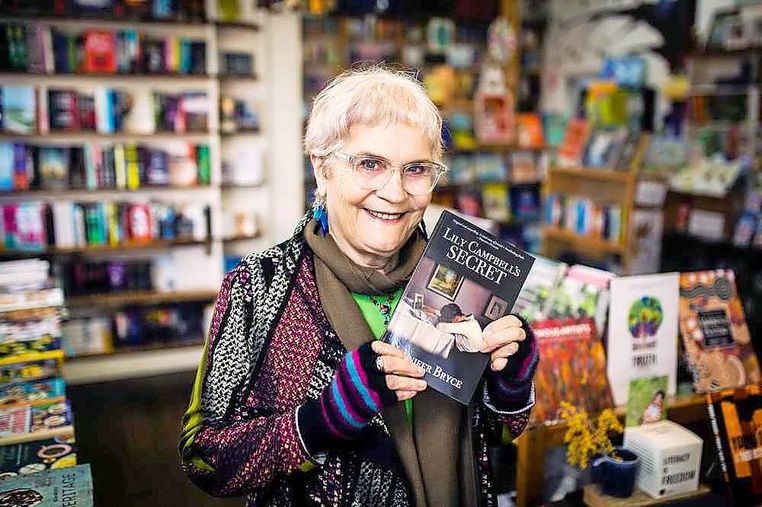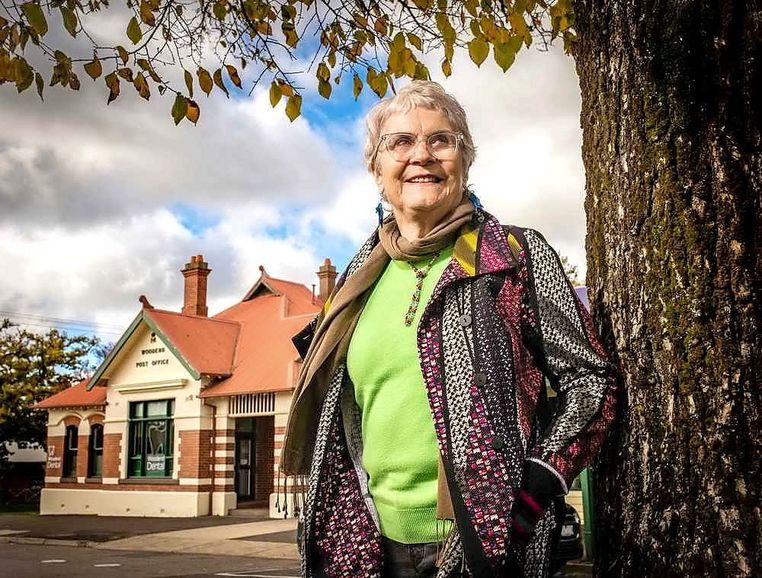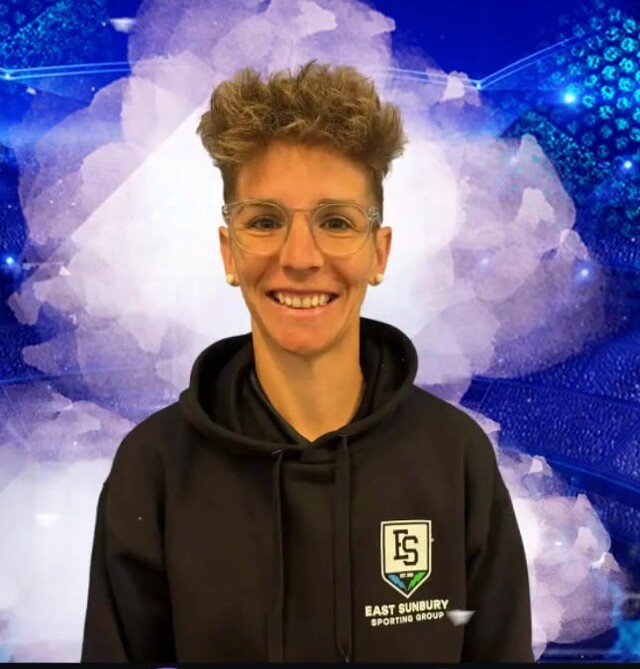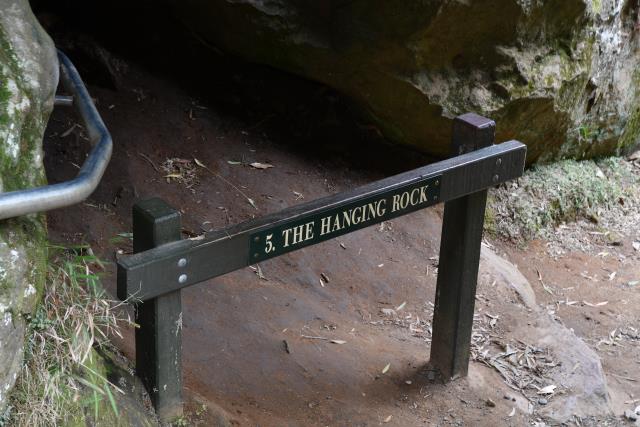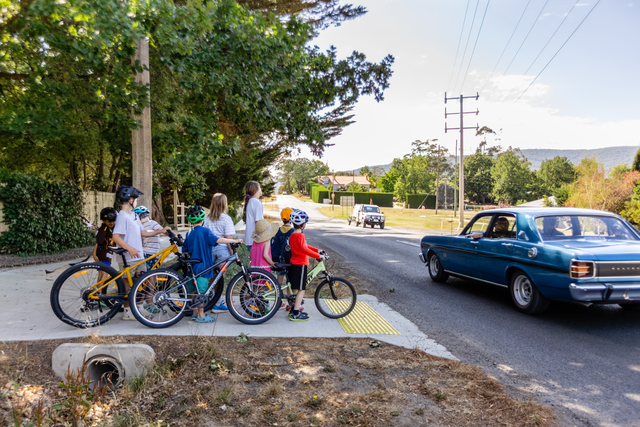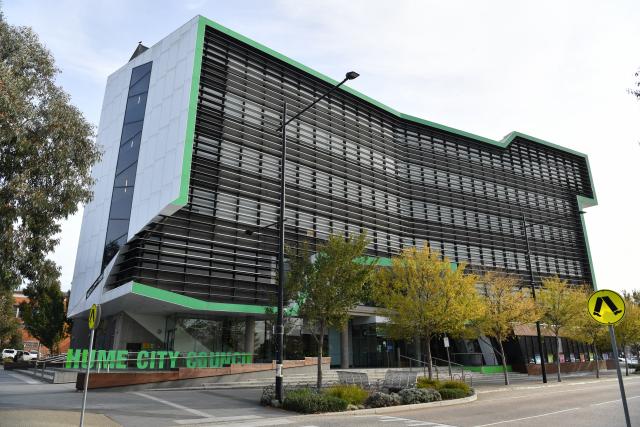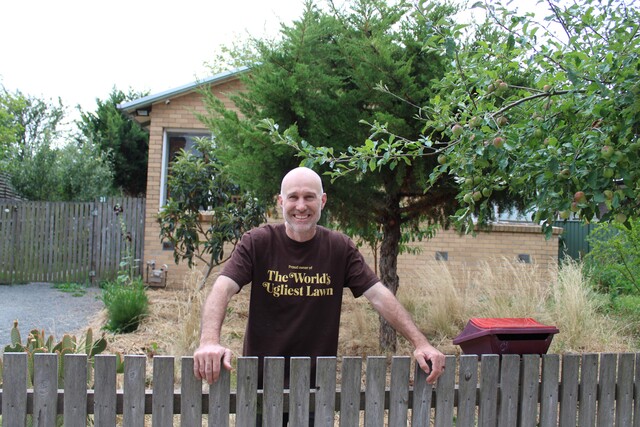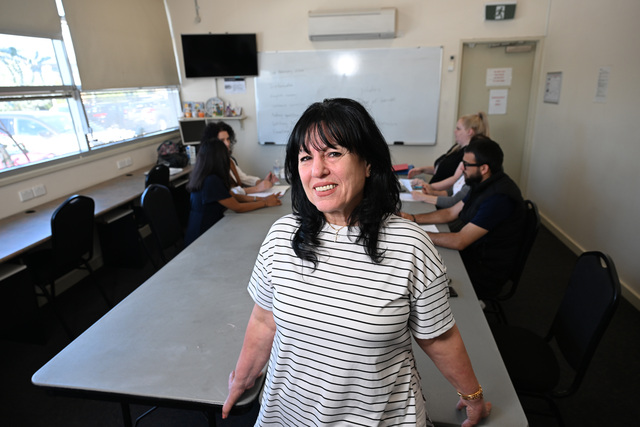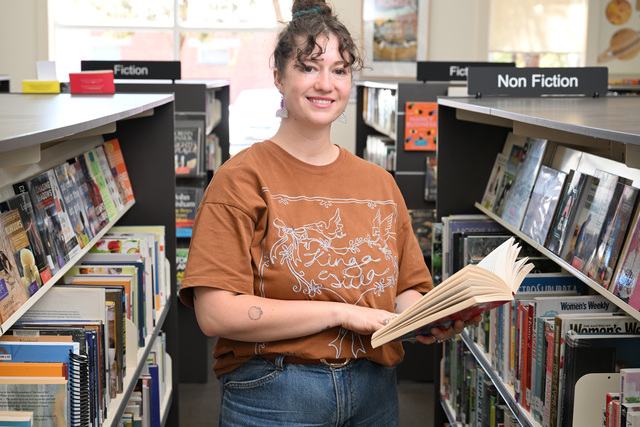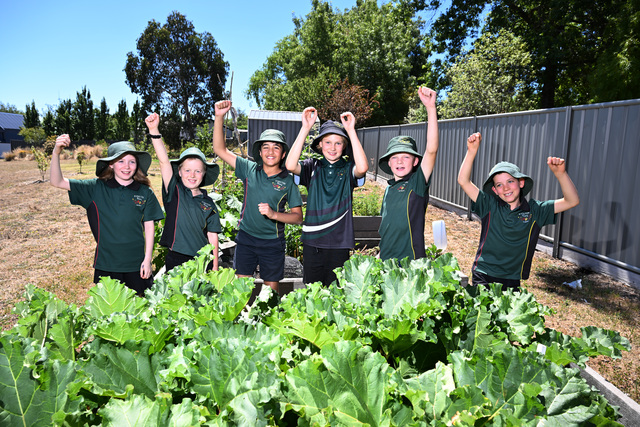Jennifer Bryce has written a new book, Lily Campbell’s Secret, set in Woodend. Bryce chats with Jessica Micallef about the freedom of writing fiction and the challenges she comes as across as an author.
What is your connection to Sunbury and Macedon Ranges?
I came from Bendigo to live in Woodend with my partner, where he battled and died of AIDS, and then I was diagnosed with breast cancer. In spite of these dark associations, I can recall a tranquil time where I lived on the edge of the town. The house had one to three-quarter acres of garden and abutted a small farm. From my study, I looked across the fields to Mount Macedon – and that’s where I started my writing career. I am still a member of the Woodend Heritage Society and I regularly attend the Macedon music concerts. But 14 years ago I left Woodend to live in Elwood – the only thing that Woodend can’t offer is the sea.
What are you passionate about?
I am concerned that we are not doing enough to preserve our world from devastating climate change. I like to set my writing in the past – perhaps it’s a way that I avoid confronting the future. I try to imagine what it was like to live in a past world just out of reach of my experience.
Tell me about your new book, Lily Campbell’s Secret.
My book is set mainly in Woodend, around the time of World War I. The heroine, Lily, has had a comfortable middle-class life in Melbourne, which is completely upended when she falls in love. As she sits in the hall of her private school, portraits of past headmistresses frowning at her, she realises that she is pregnant. The father is a young stable hand called Bert who works on a farm in Woodend. When they learn of Lily’s condition, her parents disown her. She marries Bert in St Mary’s Woodend and they have a few happy months together. Their daughter is born in a lying-in hospital in Woodend. When the war starts, Bert volunteers and Lily is thrown very much on her own resources. After Bert returns home, Lily has to face the most momentous decision of her life. A bushfire that rampages through Woodend in 1926 is fictitious. But the visit of Prince Edward, by train, to thank local servicemen after World War I, is based on fact.
Why did you decide to base the book’s storyline in Woodend?
When I was living in Woodend, I saw an old photograph at the heritage society. It had been taken in 1913 and it showed three young men with musical instruments. They looked happy and carefree and unaware of the impending Great War. I wondered what might have happened to them. And that was the starting point for my book. I was very familiar with the Woodend area and it was easy to imagine those young men in the town more than a hundred years ago.
What do you enjoy most about writing?
I love the freedom of writing fiction. I used to write academic papers for my work, justifying and referencing each sentence. Now I enjoy tussling with a piece of prose, trying to get it absolutely right, so that I can take my readers to an imagined world.
What are some challenges that you come across as an author?
Being disciplined and organising my time. These days, it is easy to get caught up in a trail of exploration on the internet.I grapple with a paragraph and then check my email. It’s not too hard to sit down at my desk each day. And, so far, I haven’t stared at a blank page for too long. I think maybe the discipline of scales and technical exercises when I was a music student have helped me to be disciplined in my approach to writing.
What would people be most surprised to know about you?
Part of my daily routine is to spend at least half an hour playing the oboe.

